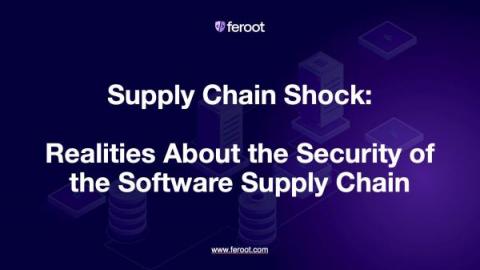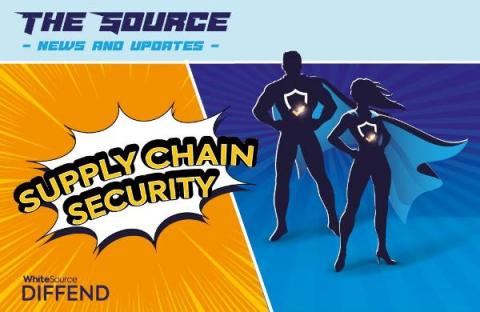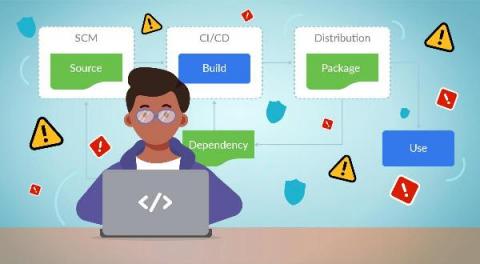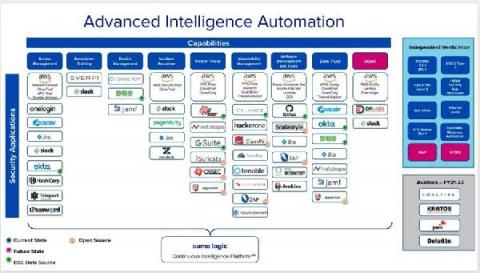Security | Threat Detection | Cyberattacks | DevSecOps | Compliance
Supply Chain
Supply Chain Shock: Realities About the Security of the Software Supply Chain
News reports on attacks on the “supply chain” are becoming an almost every-day occurrence. First there was SolarWinds, then Kayesa, followed by countless other large and small supply chain attacks. Global businesses, economies, and lives are intricately connected to each other through applications and the internet. When critical systems are attacked and operations are affected, the downstream problems quickly become apparent.
High(er) Fidelity Software Supply Chain Attack Detection
Over the last year, many of us have been introduced to the term “Software Supply Chain”. For better or worse, it is now part of our defense vernacular and won’t be going away any time soon. If anything, it has consumed us in many ways and has been the cause of many nights of lost sleep. Well, that could just be us on the SURGe team here at Splunk.
Popular JavaScript Library ua-parser-js Compromised via Account Takeover
A few hours ago, an npm package with more than 7 million weekly downloads was compromised. It appears an ATO (account takeover) occurred in which the author’s account was hijacked either due to a password leakage or a brute force attempt (GitHub discussion).
5 Ways to Defend Against Supply Chain Cyberattacks
Supply chain attacks: Who's your weakest link?
Supply chains are at the front of everyone’s minds right now. From fuel and food to toys at Christmas – the general public are starting to understand just how finely balanced the global supply chain truly is. Events like microchip shortages in Taiwan and the Ever Given blocking the Suez canal show how interconnected modern economies are, and how dependent our huge populations are on effective supply chains.
"Chain"ging the Game - how runtime makes your supply chain even more secure
There is a lot of information out there (and growing) on software supply chain security. This info covers the basics around source and build, but does it cover all of your full software supply chain lifecycle? Is your build env at runtime protected? Is your application post deploy protected at runtime? This article will not only discuss what these concepts are, but provide additional discussions around the following: Read on brave reader…
Using Zero Trust to Mitigate Supply Chain Risks
Software supply chain attacks have been on the rise lately. With the current pervasiveness of third-party and open source libraries, which presumably developers cannot control as strongly as the code they create, vulnerabilities in these software dependencies are causing serious security risks to applications. Supply chain attacks abuse the inherent trust that users have with a software provider.
Supply Chain Security, Compliance, and Privacy For Cloud-Native Ecosystems
.NET 5, Source Generators, and Supply Chain Attacks
Attacks executed through builds abuse trust we have in our build tools, IDEs, and software projects.











